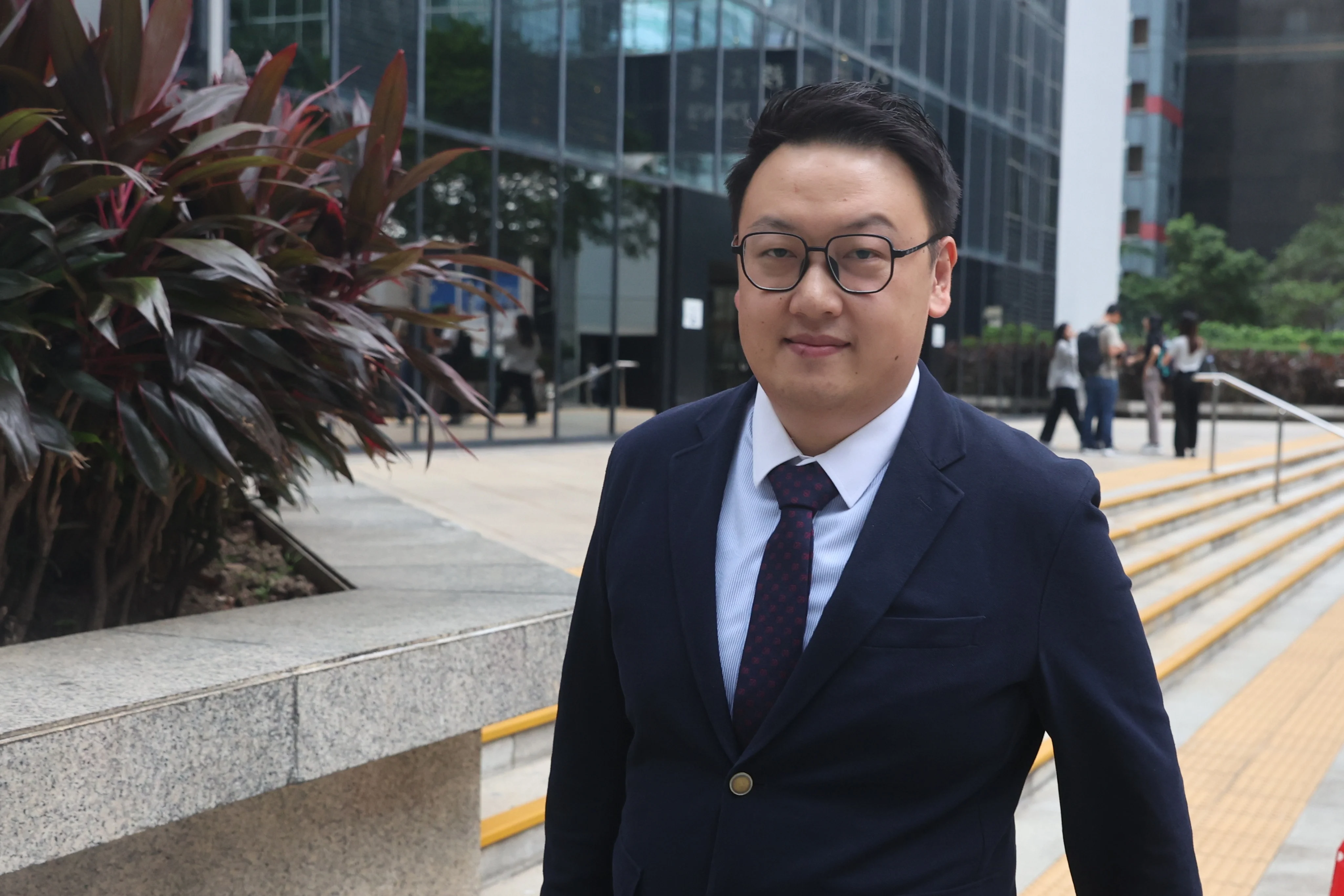By Lo Hoi-ying
Copyright scmp

A Hong Kong district councillor accused of having underage sex was a “dangerous man”, according to the alleged victim, who said she decided to file a police report more than a decade later after she learned he was running for office and felt he could be a threat to other girls.
But the defence for Yuen Long district councillor Sei Chun-hing, 37, told the court on Tuesday that the woman, now 28 years old and identified only as X, was instead motivated by an opposition to his political views, a claim she denied.
Sei is accused of indecently assaulting X, who was 11 years old at the time, in a To Kwa Wan park in 2008, and having sex with her in his Tin Shui Wai home in 2011 when she was 13.
X told the District Court she decided to file a police report last April after learning in November 2023 that Sei was running as a district council candidate.
“I feel that district councillors should not be those who go against morals,” she said. “District councillors have more opportunities to interact with the community and enter schools, like the girls’ school I am from.
“I do not want to see more people become victims or be hurt by him.”
X said she approached RainLily, a non-governmental organisation assisting victims of sexual crimes, for legal and psychological support and started reviewing her past with the defendant and collecting records of their relationship.
When asked by Judge Stanley Chan Kwong-chi if she would have come forward if Sei had not run for office, X said she had not forgotten about the incident.
“I was just not ready to face it,” she said, adding she was now mature enough to handle it.
X said that after she and Sei first had sex in March 2011, they would have intercourse between one and three times a month, sometimes even when she was menstruating.
But around February 2012, she felt he had become more impatient with her and that he would find excuses to avoid meeting on the weekends, the court heard.
X said they watched a Taiwanese romantic movie, You Are the Apple of My Eye, twice together, and Sei told her the film reminded him of his ex-girlfriend.
“He said he did not want to have any regrets and he wanted to reconcile with her,” she said.
The pair ended their relationship in April 2012 when X discovered two photos of the defendant hugging another woman on his camera and questioned him about it.
Sei then suggested they break up, X said.
During cross-examination, the defendant’s senior counsel, Vinci Lam Wing-sai, presented social media posts by X, her current boyfriend and Sei.
Lam highlighted that Sei’s online activity showed that his election campaign was supported by the National People’s Congress, the Chinese People’s Political Consultative Conference, hometown associations, Chinese-funded organisations and Legislative Council members.
Lam noted X had shared a petition against the national education curriculum in 2012, while her boyfriend had posted online about the anti-extradition bill protests in June 2019, which she had “liked”.
The defence suggested that X’s intention in reporting the case was to oppose the defendant’s political stance rather than to prevent others from being harmed, a claim she rejected.
X said she was not aware that Sei was considered “pro-China” and also denied she had alerted police in a bid to seek vengeance.
When asked why she did not report the case earlier and only did so when the defendant ran for election, X said there was an urgency to do so.
“If he was elected, he would be granted more power in society and use his position to do more things,” she said.



